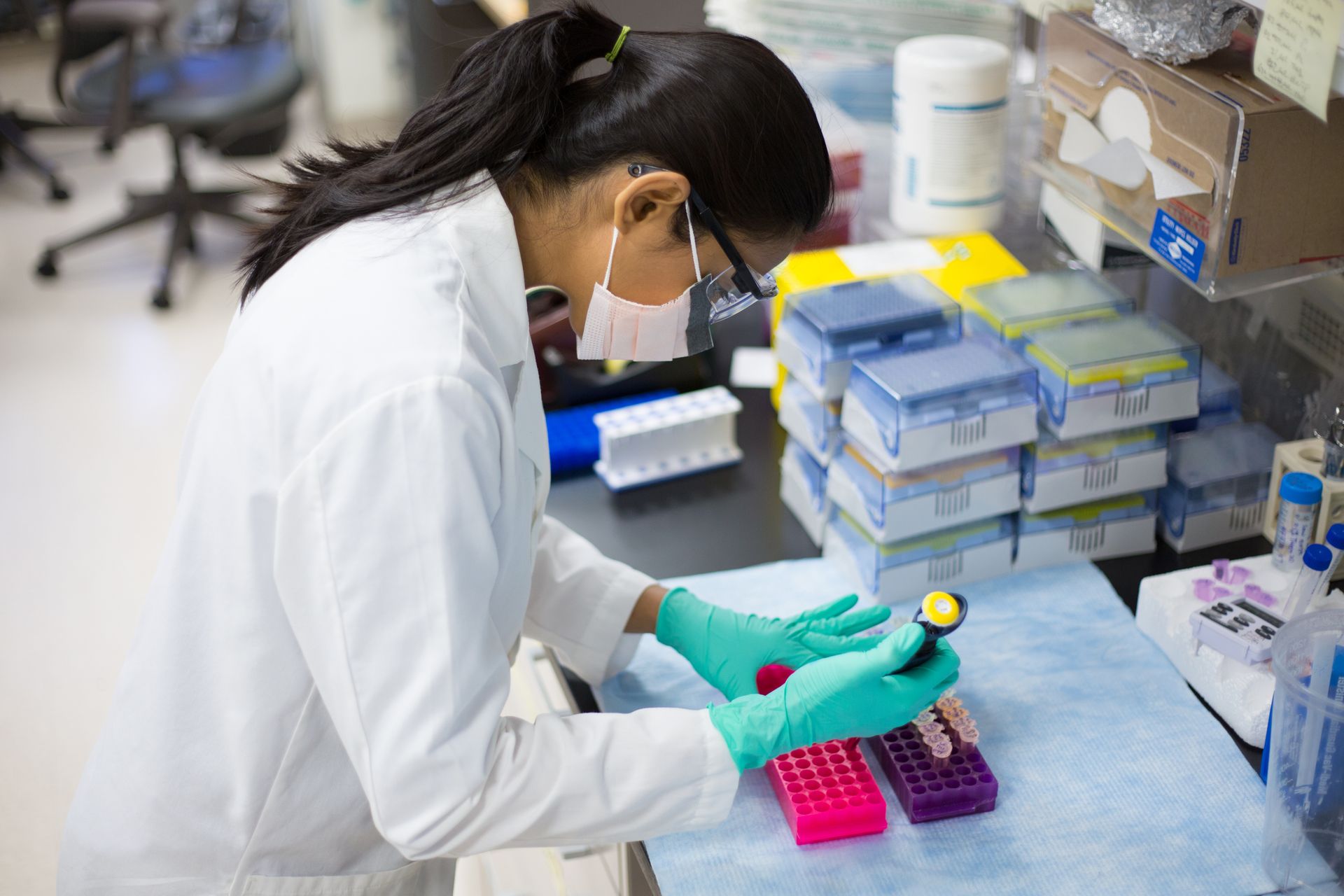Pharmaceutical Manufacturing Associate: 11 Interview Tips
Biopharmaceutical companies hire a manufacturing associate to prepare equipment and material used in the production of pharmaceuticals. It’s a lucrative job. According to talent.com, a pharmaceutical manufacturing associate in the US earns an average salary of $47,775 annually, which translates to $24.50 hourly.
To become a pharmaceutical manufacturing associate, you need a bachelor’s degree in biotechnology, bio work, or industrial, pharmaceutical technology. After getting the degree, you need to have experience in the field, and to gain more experience, you have to apply for jobs. Here are some tips from Fladger Associates you can use to ace the interviews.
11 Interview Tips for a Pharmaceutical Manufacturing Associate
Being well prepared for an interview gives you the confidence to sit through it and handle anything thrown at you. So, let’s get to the interview tips.
1. Examine the Job Description Carefully
Carefully read through the posted advertisement on the job offer. Then, use the job description to scrutinize your qualifications. Most pharmaceutical companies’ job posts include the qualities, qualifications, and background information there are looking for in an ideal candidate. So, align your skill and capabilities with the details and assess whether you stand a chance.
2. Consider Your Skills and What You Are Interviewing for
Keep in mind the interviewers will ask you why you think you are qualified for the job. Be ready to explain your qualifications and how they fit into the job description. Clearly understand why you want the job and why you qualify for the position.
3. Do Extensive Research on the Company and Role
Please find out more about the company and its goals. Get to their website or blogs and read more about them. If the information on the internet is insufficient, look for reviews and ask around. The research will help you answer interview questions like:
- Who are the firm’s competitors?
- What is the one thing you disagree with about the company’s culture?
- What is your perception of the company’s position in the pharmaceutical industry?
Researching the company will give you the tone and personality of the firm. The job offer may be great, but it is important to fit in with the company’s culture. Ask for clarification during the interview if you have any unanswered questions about the workplace environment, values, and culture.
Research your role to confirm whether you are genuinely qualified and can tackle the responsibilities. Read reviews from other scholars and learn what your day-day tasks entail as well as pharmaceutical manufacturing associates’ salary. Researching the role helps you determine if the position is proper for you.
4. Practice Your Answers to the Common Interview Questions
Predicting every question, you’ll be asked in the interview is impossible. However, preparing your answers will help you not to fumble and seem confident as you speak. Here are common interview questions to expect:
- Who are you?
- Why do you want to work for us?
- What interests you about this role?
- What are your strengths?
- How did you find out about the job offer?
5. Dress Appropriately
Considering to interview for a pharmaceutical and medical device company, you must dress and look the part. Professional attire will give you a polished look, along with Fladger Associates who can help you land the position.
6. Arrive Early
First impressions are important, and you need to be careful not to make a bad one. The tip here is to arrive early. Making it to the location about 20 minutes early helps you relax, gather composure, and focus your thoughts.
Arriving late shows poor time management skills and disrespect to the company. The interviewers will doubt your commitment to the role.
7. Prepare Smart Questions for the Interviewers
Asking thoughtful questions about the company will add you points. Set the questions when you are researching the firm.
Asking relevant questions indicates to the interviews that you need your homework.
Here are some thoughtful questions you could ask:
- What qualities do their most successful employees possess?
- Why do you enjoy being a part of the team?
- What is the outline of a typical day for a pharmaceutical associate?
8. Carry Hard Copies of Your Resume
Most firms ask for digital copies of your CV during the application. However, it doesn’t hurt to have hard copies with you. During the interview, the interviewers might not have digital copies, and you can present the hard copies to them. The act shows you are prepared and organized, and both are good skills in a team member.
Read through your resume and be ready with answers to questions that might come up. For example, interviewers might need clarification on some gaps or unallocated time to determine whether you are a risk.
9. Seek a Friend to Practice the Interview Questions With
Get a friend and conduct mock interviews. Hearing your answers out loud will give you confidence and help you note areas that need additional attention. The first trial will be challenging. However, the process will get easier with every practice.
Have another friend act as the observer and let them observe your practice interview. The observer will help point out some aspects you need to work on.
10. Close on a Positive Note
Closing on a positive note leaves the interviewers to think about you. The best way to close the interview positively is by expressing how you like the job and like it even more now that you’ve interacted with part of the team. Convince the interviewers you would love the job. You increase your hiring chances if the interviewers think you are likely to accept the offer when called.
11. Send a Thank You Note
Sending a nice thank you note is a way to make a follow-up on your interview. Email the company a simple reply thanking them for the opportunity to interview and add on your enthusiasm for the role. It is also an excellent opportunity to clarify any lingering issues you think the interviewers might have.
There you go, follow the tips above and be ready to ace your interview regardless of what interviewing company is hired to analyze your qualifications. For more information, contact us today.










